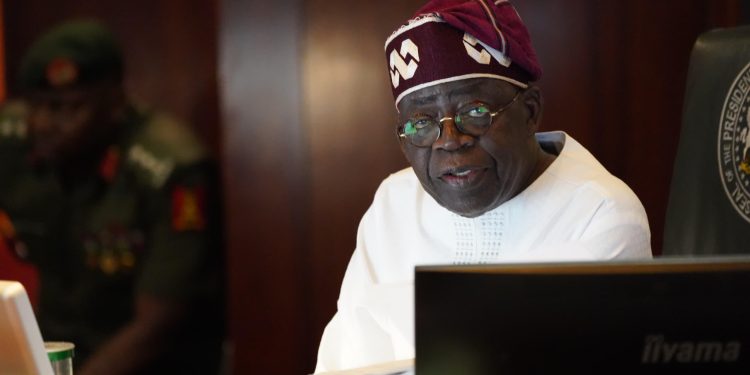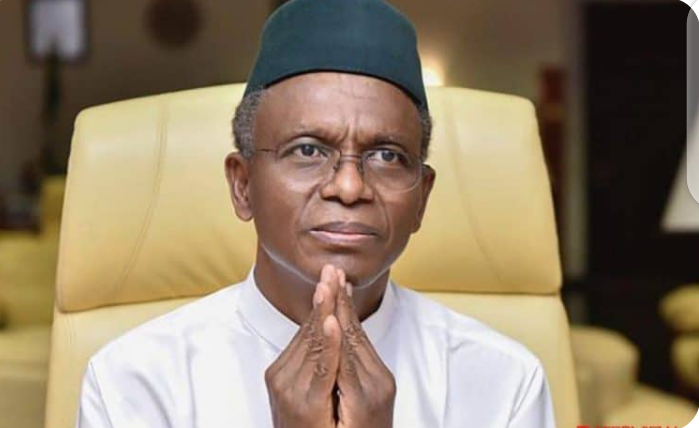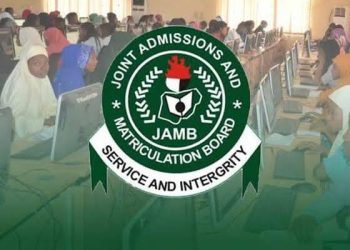WE’RE ENGAGING THE WORLD DIPLOMATICALLY, PRESIDENT TINUBU TELLS FEC
President Bola Ahmed Tinubu has reaffirmed that Nigeria is steadily moving towards economic stability and national prosperity, as ongoing reforms continue to earn both local and international recognition. The President made this known on Thursday at the Federal Executive Council (FEC) meeting held in Abuja, shortly after swearing in two new ministers, Dr. Bernard Mohammed Doro and Dr. Kingsley Tochukwu Udeh (SAN).
Dr. Doro assumes office as Minister of Humanitarian Affairs and Poverty Reduction, while Dr. Udeh takes charge of the Ministry of Innovation, Science, and Technology.
President Tinubu emphasized that Nigeria is actively strengthening diplomatic relations with global partners to support the country’s developmental goals. He highlighted the recent $2.3 billion Eurobond issuance, which was oversubscribed by 400%, as a clear indicator of rising investor confidence in the Nigerian economy.
“Despite political headwinds and the anxieties among our people, we are engaging the world diplomatically and pushing forward with strong partnerships,” the President said. “We will overcome terrorism and continue on the path of growth under the Renewed Hope Agenda.”
Government Commitment to Security
Addressing concerns on national security, President Tinubu reassured Nigerians that his administration remains resolute in eliminating terrorism and criminal activities across the country. He urged citizens not to lose hope, promising that the government will continue to intensify security efforts until peace is fully restored.
He also called on government officials and public institutions to maintain consistent and unified communication as part of national image-building efforts.
Economic Outlook Shows Positive Momentum
At the meeting, the Minister of Finance and Coordinating Minister of the Economy, Wale Edun, provided updates showing improving macroeconomic indicators. According to Edun:
Nigeria’s GDP recorded a 4.23% growth in Q2 2025, the highest in 10 years outside the COVID rebound.
13 sectors witnessed growth rates above 7%, up from 9 sectors in the previous quarter.
The industrial sector nearly doubled growth from 3.72% to 7.45%.
Inflation eased to 18.02%, marking gradual stabilization.
Foreign reserves exceeded $43 billion, alongside a trade surplus of N7.4 trillion.
He added that Nigeria’s removal from the Financial Action Task Force (FATF) Grey List further boosted international financial confidence.
Edun noted that President Tinubu’s target of building a $1 trillion economy by 2030 remains attainable with sustained reforms, investment-driven policies, and collaboration with state governments.
“Every Naira must be optimized. We must identify high-impact projects, support job-rich growth sectors, and remove barriers that slow investment,” Edun stated.
Strengthening National Progress Through Collaboration
The Federal Government emphasized the need for collaboration between the private sector, federal ministries, and state governments to drive development in infrastructure, digital innovation, mining, agriculture, blue economy, health and education.
President Tinubu reiterated that unity, discipline, and collective resolve remain essential to sustaining national transformation.












